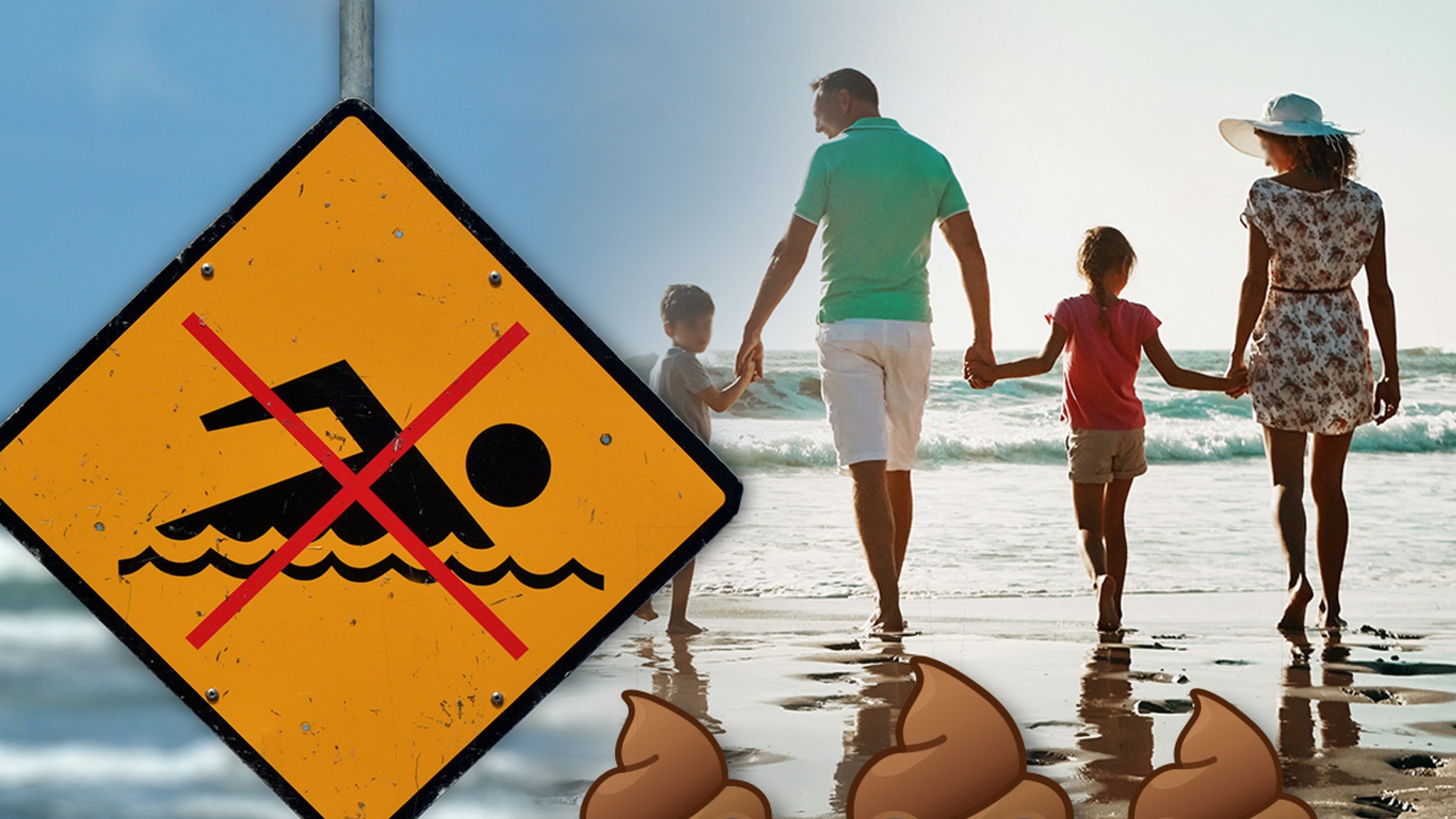Fecal Contamination Disrupts Labor Day Beach Plans Across the U.S.
Labor Day weekend, a time for beachside celebrations, has been marred by widespread fecal contamination warnings at U.S. beaches. From Florida to Maine, high bacteria levels have led to advisories and closures, threatening holiday plans for millions.
Widespread Water Quality Alerts
A July 2025 report by Environment America revealed that 61% of U.S. beaches tested in 2024 had at least one day of unsafe fecal bacteria levels, with 453 beaches—about one in seven—deemed risky for swimming on at least 25% of tested days. The Environmental Protection Agency (EPA) sets thresholds where bacteria can sicken 32 out of every 1,000 swimmers, causing gastrointestinal issues, rashes, or nausea.
This Labor Day weekend, advisories span from Crystal River, Florida, to Ogunquit, Maine, with closures at popular spots like Keyes Memorial Beach in Hyannis, Massachusetts, Benjamin’s Beach in Bay Shore, New York, and parts of Imperial Beach near San Diego. In Hawaii, Kahaluu Beach Park faced warnings due to high bacteria counts.
Causes of Contamination
The culprits? Outdated sewer systems, polluted runoff from roads, failing septic systems, and industrial livestock operations. Recent heavy rains, exacerbated by Hurricane Erin in August 2025, overwhelmed storm drains, flushing contaminants into coastal waters. “Those storm drains carry everything,” said Erin Bryan-Millush of North Carolina’s Department of Environmental Quality, noting risks for immunocompromised individuals.
Suburban sprawl, which reduces natural stormwater absorption, and severe weather events further compound the issue, according to John Rumpler, clean water director at Environment America.
Public Reactions and Expert Advice
Despite warnings, some beachgoers remain undeterred. At Rehoboth Beach, Delaware, retiree Yaromyr Oryshkevych dismissed concerns, trusting ocean currents to dilute contamination. However, others, like federal worker Dana West, recalled gastrointestinal illnesses after swimming there earlier in 2025.
Experts urge caution. Environment America advises avoiding swimming for 72 hours after heavy storms and checking water quality via the EPA’s Beach Advisory and Closing Online Notification system. Swimmers should steer clear of cloudy or foul-smelling water.
Impact on U.S. Holiday Plans
For Americans, these advisories disrupt a cherished Labor Day tradition, with beaches drawing thousands for a final summer splash. Economically, closures hit coastal businesses hard, from hotels to boardwalk vendors, especially in tourism-heavy states like Florida and California. Politically, the crisis fuels debates over infrastructure investment, as aging sewer systems demand billions in upgrades—a contentious issue as 2026 midterms loom.
The health risks also resonate, particularly for families and immunocompromised individuals, prompting calls for stronger environmental protections. Posts on X reflect frustration, with users lamenting “poopy water” ruining holiday plans.
Looking Ahead: A Cleaner Future?
The temporary Gaza ceasefire—unrelated but concurrent—highlights global attention to environmental and safety issues. For U.S. beaches, addressing contamination requires modernizing infrastructure and mitigating runoff, tasks Rumpler calls urgent to preserve “treasured” coastal resources. Until then, swimmers are advised to check local advisories and prioritize safety.
Will Labor Day 2026 bring cleaner waters, or will contamination persist? Investment in infrastructure and public vigilance will decide.
